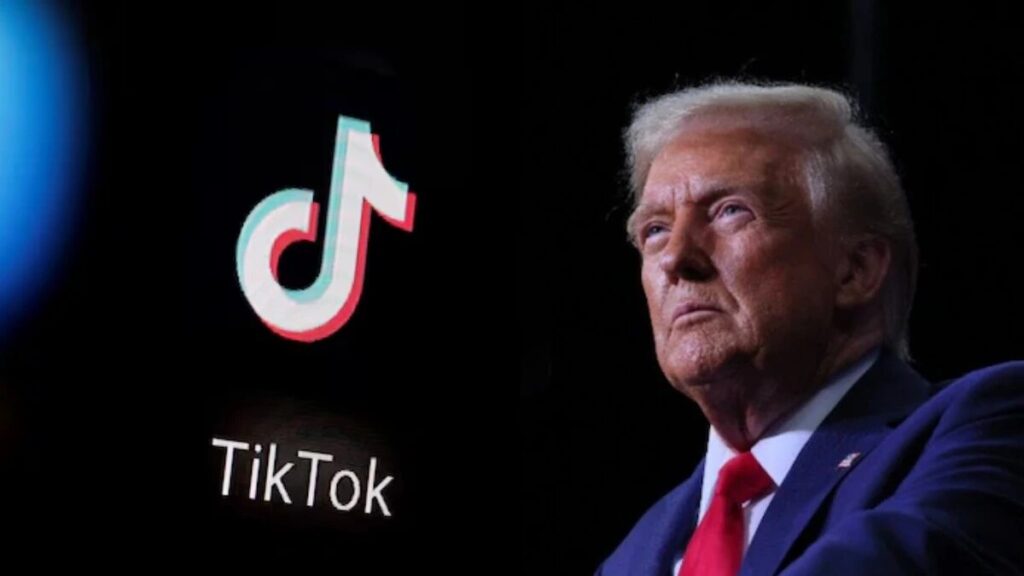As the clock ticks down on a potential U.S. ban on TikTok, a Chinese-owned video-sharing platform with over 170 million American users, debates surrounding its fate have intensified. The app, owned by China’s ByteDance, faces a legal mandate to divest its Chinese ownership due to national security concerns. With the ban set to take effect on Sunday, just one day before President-elect Donald Trump’s inauguration, the new administration is exploring last-minute measures to prevent TikTok from going dark.
U.S. Representative Mike Waltz, Trump’s incoming national security adviser, assured Fox News, “We will put measures in place to keep TikTok from going dark,” suggesting that a provision in the law could allow for a 90-day extension if “significant progress” is made toward finding a new, non-Chinese owner.
Political Divide: National Security vs. Public Sentiment
The controversy surrounding TikTok extends beyond party lines. Senate Democratic leader Chuck Schumer acknowledged the app’s security risks but emphasized the need for more time to find a solution, stating, “It’s clear that more time is needed to find an American buyer and not disrupt the lives and livelihoods of millions of Americans.”
The bipartisan divide is evident, with Democrats urging an extension of the deadline to 270 days and some Republicans expressing skepticism over warming ties between Trump and TikTok. Representative Frank Pallone criticized Trump for inviting TikTok CEO Shou Zi Chew to his inauguration, questioning the message it sends amid concerns of Chinese government influence.
Trump’s Complex Relationship with TikTok
President Trump’s stance on TikTok has evolved. Initially advocating for a ban, Trump shifted his approach during his reelection campaign, seeing the app as a means to connect with younger voters. This shift came as Republican donor Jeff Yass, who owns a significant stake in ByteDance, signaled support for Trump’s campaign.
Trump’s willingness to save TikTok is reflected in ongoing discussions about issuing an executive order to keep the app operational until new ownership is secured. However, legal uncertainties and bipartisan scrutiny complicate this potential intervention.
